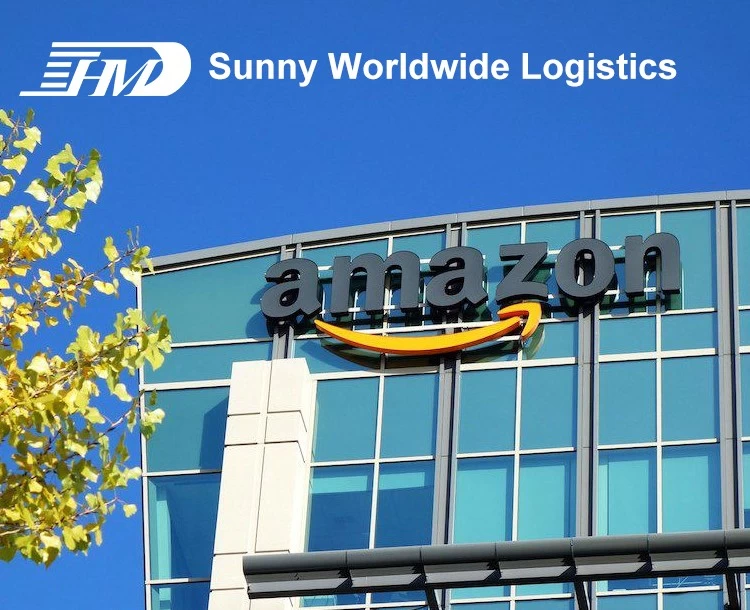Discussion and sharing of Sunny Worldwide logistics dangerous goods
In addition to the recent devastating explosions in Beirut, there have been a series of fires on RO Ro / motor transport vessels in recent months, leading to renewed calls for change Import, supervise and control dangerous goods. In addition, the container ship fire is always worrying.
In 2020, the world will face all kinds of difficulties. Although there is no serious container ship fire as in 2019, we still need to continue to study the determination method of transporting dangerous goods. Two helpful ones have appeared recently The first report is an investigation into the causes of undeclared or mistakenly declared goods, and the second is a white paper calling for a "comprehensive, integrated and industry coordinated approach" to solve the above problems. TT club is committed to both initiatives I appreciate it.

It is not surprising that this issue has aroused our interest, as it is at the heart of the cargo integrity initiative, which has been described before. The author of the white paper is the state freight administration(national cargo bureau) has conducted extensive research on their own container inspection over the years, and has come to a conclusion on the risk of packaging defects, which is in line with our own findings and data production Resonate. The white paper is a good (but thought-provoking) reading for those interested in statistics and details. Perhaps its most significant content is the call for maritime supply chain "systems for the past few years Prepare for a similar disaster for the industry. "
A wide range of issuesThis report from the national freight administration divides causality into different parts. The report is rich in content. This paper will give a brief description based on the classification of executive summary.
"Countless regulations"
In the cross-border transport of goods, the applicable national and international regulatory regulations are undoubtedly very complex. It goes far beyond the scope of transporting dangerous goods; only in this context, more problems will arise. People may think that commodity classification is a strict and straightforward process, but in fact, it needs to go through different processes such as test rules, special provisions, packaging classification, not to mention the need to have a certain understanding of scientific principles Put forward requirements for the diligence and ability of operators. Moreover, because customs and tariff regulations are not yet synchronized, and because of business pressures, those who affirm that compliance is an "integral part of the security culture" will always place higher demands on themselves than on compliance with the basic rules.
"Insufficient understanding of dangerous goods"
Related to the first problem is that some people tend to deal with dangerous goods in a "non professional" way. This is clearly shown in the survey report. Things go wrong when those involved in arranging the transport of dangerous goods adopt a "daily mindset". For example, the use of alcohol hand sanitizers has increased rapidly in recent months, but most people do not realize that such hand sanitizers are dangerous goods, like under kitchen sinks
Bleach. Even some farmers are now rethinking how to use certain fertilizers.
"Increasingly complex supply chain"
The logistics industry has developed to the "all-round" level and can provide more and more complex services and outsourcing, which is usually driven by increased efficiency and economic benefits. As the white paper says, we have reason to assert that the security control and review process has been affected.
"Carrier and port restrictions"
The saying that "once cheated, twice behaved" may oversimplify the risk, but we need to realize that various restrictions and prohibitions on dangerous goods virtually "increase" the risk of non declaration and false declaration. For example, the ship owner's safety requirements (such as the ship's internal safety requirements) and the company's applicable policy for the use of refrigerated containers are in line with the requirements of the ship owner. Plus any shipment, transit, transshipment and
The scale of the difficulty is evident from time to time when similar restrictions are imposed at the port of discharge. Managing all these matters and communicating effectively with shippers is, at least, cumbersome and time-consuming.
"Intra company agreement"
Although we recognize that the liner companies have entered into internal agreements to manage all aspects of dangerous goods, the white paper still calls for increased management support and resource allocation. Over the past few decades, I wanted to build a company in all Although this idea has been re mentioned in recent years, we should not forget that each company should still develop its own internal system and culture through benchmarking with industry good practice These systems and cultures may play a better role.
"The threat of bad people"
Risk control companies have long recommended careful assessment of customer targets (not just the inspection of consigned goods). This due diligence is applicable in many ways. In many jurisdictions, non declaration and false declaration It is regarded as "fraud" - equivalent to direct crime. However, despite numerous hearings, it is difficult to draw the attention of many law enforcement agencies around the world, especially when they are not directly responsible for the risk of non-compliance The condition of the goods. We should recognize that dangerous goods crime almost certainly threatens economic and security issues - it's time to work together! get some action




















